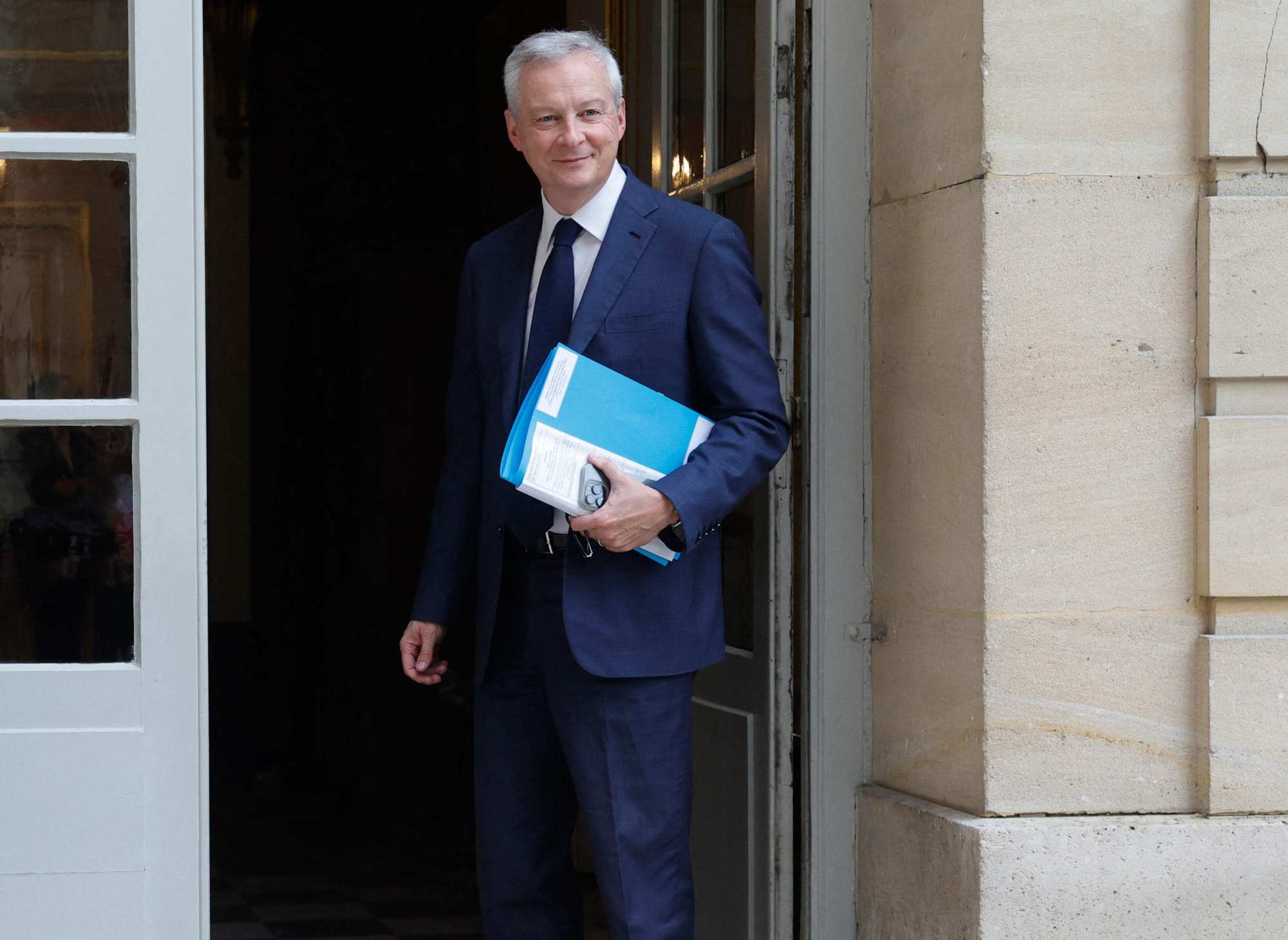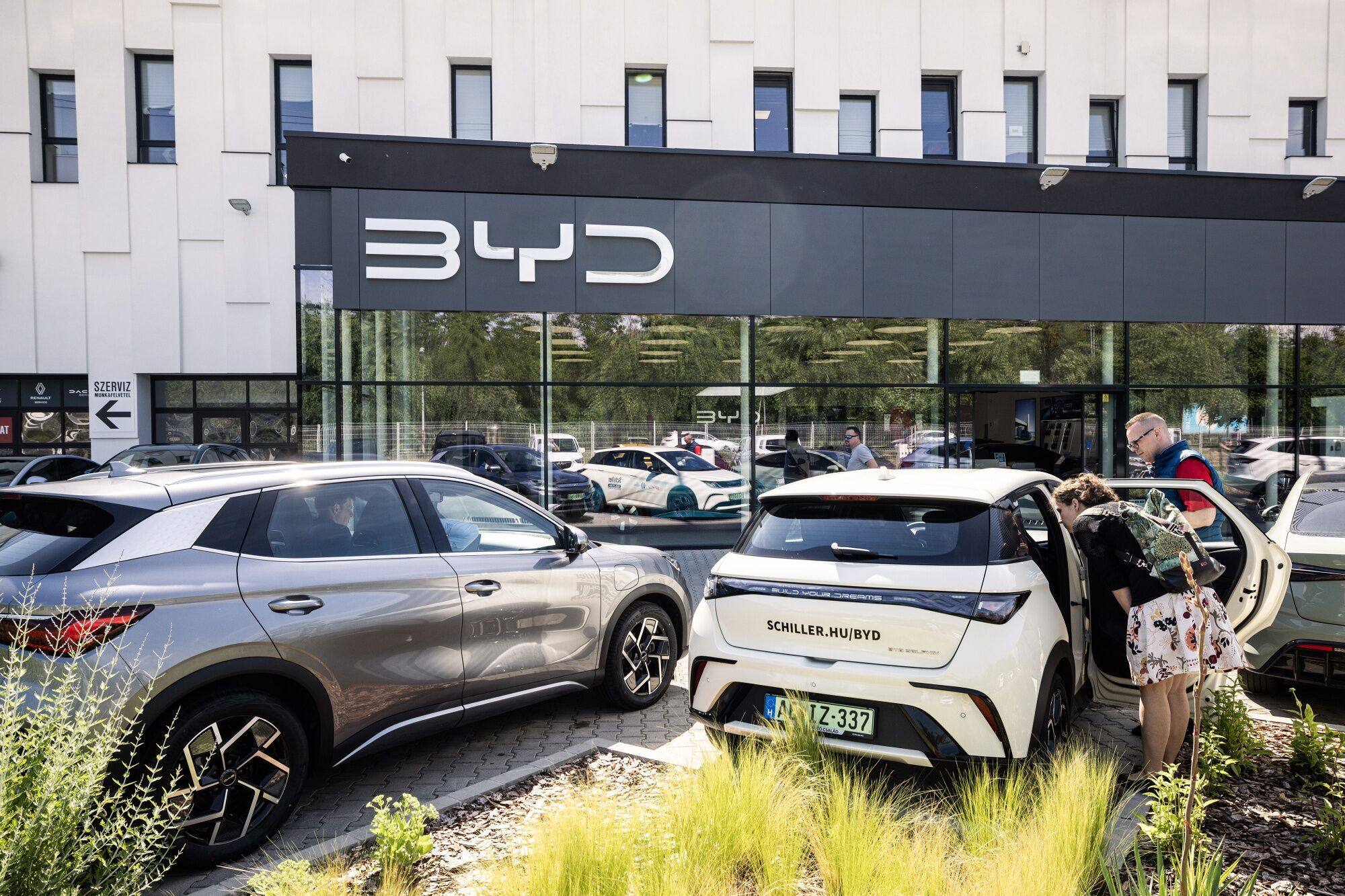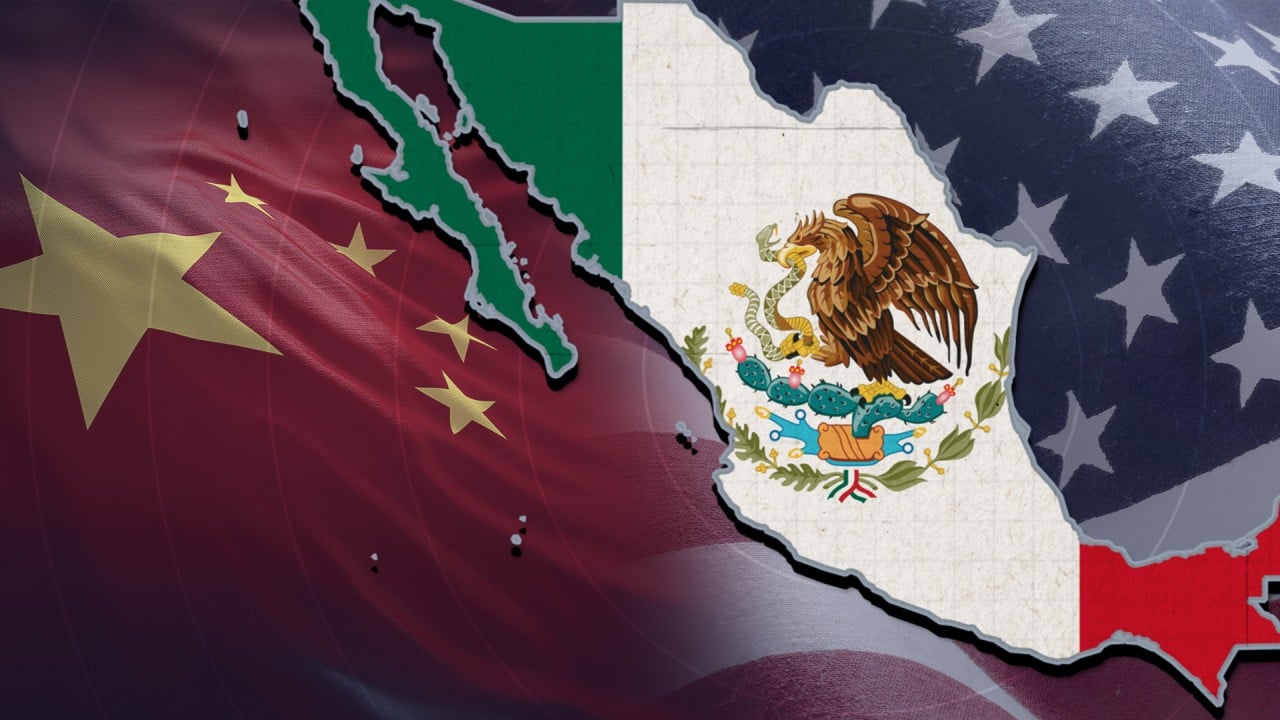Paris has championed the probe, which it views as part of an effort to build a third and European pillar between the US and China, one that fights fire with fire in a multipolar world.
“China is our economic partner, but China has industrial overcapacity. And the G7 must present a united front to protect its industrial interests,” French finance minister Bruno Le Maire said this week, in a rallying call for Group of 7 nations to steel their joint economic defences against Beijing.
Speaking in Brussels on Thursday, Finland’s trade minister, Ville Tavio, threw his support behind the investigation.
“We naturally want a level playing field for all the actors. So I think it’s very necessary to look how they are subsidising their own industries and whether that’s too much from them,” he said.
Throughout the week, though, ministers from other countries were queuing up to take potshots at the inquiry, which is likely to see stiffer import duties imposed on electric cars made in China starting in July.
“We’re a bit sceptical, we don’t want to engage in any kind of trade wars,” said Johan Forssell, the trade minister of Sweden – another champion of open markets – upon arriving at the ministerial meeting on Thursday.
“Obviously it’s a problem what is happening in China, but there are also risks when it comes to having these kinds of tariffs – opening up the risks for future trade wars,” he added.
Malta’s energy minister, Miriam Dalli, said that her island nation wanted “no tariffs that would not help us achieve our decarbonisation targets”.
On Wednesday, Germany’s transport minister, Volker Wissing, compared the probe to something Communist East Germany might once have come up with.
“This has nothing to do with a market economy … Global competition is an incentive for German manufacturers to build better and cheaper cars,” Wissing told the Euractiv news site. “I’m not worried that the German vehicle industry won’t survive this competition.”
In a sign of how sensitive the inquiry has become, a decision is now likely to come after European Parliament elections, which conclude on June 9. It had initially been expected that the commission would notify China-based exporters of new duties on Wednesday, four weeks before a public announcement in July.
The official line in Brussels is that there is no legal deadline for pre-notification. The German magazine Der Spiegel reported, however, that the move was to “keep the issue out of a heated election campaign”.
A rumour mill churned in the Belgian capital on Thursday, with many noting a steady drumbeat of threats from Beijing to retaliate for the probe, including targeting European farmers ahead of an election in which agriculture has been a huge issue.
The debate is not limited to electric vehicles.
Ambassadors from the EU’s member states chewed over its proposed economic security strategy last week. They were briefed by the commission on progress towards a European-wide export controls regime, an upgrade to the EU’s inbound investment screening mechanism and nascent steps on an outbound screening tool.

France, once again, led calls for the EU to go harder and faster on the plans, lobbying for more technologies to be added to Brussels’ de-risking agenda, including those in the energy and clean technology sectors, according to people present.
Free traders, on the other hand, called for caution, particularly about the imposition of outbound screening.
“We don’t particularly see a need for it. If you have functioning controls on the export of sensitive technology to China, it would be unlikely that companies would go around those to build a factory there making the same stuff,” said a diplomat from a capital known to oppose the plans.
Businesses are weighing in too, and are unsurprisingly reluctant to endorse curbs on where private enterprises can put their money.
“We call for caution on outbound investment, where a clear identification of the problem is necessary, followed by a careful risk-benefit analysis before taking further action,” read a position paper released on Thursday by BusinessEurope, a powerful lobby group.
As with politicians, though, there is divergence between businesses on the issues challenging EU-China trade relations.
A separate report on Thursday found that European executives in China were much more likely to be concerned by Beijing’s economic policies than their counterparts in Europe.
A survey by the European Round Table for Industry found that 77 per cent of China-based chief executives from Western multinationals think that China’s industrial overcapacity will damage its relationship with Europe, compared to 54 per cent of those based in Europe.

Nor was the disconnect limited to de-risking. While Russia remains the single most prominent issue on the EU agenda, just 34 per cent of European chief executives thought Beijing’s relations with Moscow would damage its ties with Brussels, compared with 80 per cent of China-based executives.
“A likely reason behind China-based CEOs’ more heightened concerns is their vulnerability to a unified policy response by the EU and the US that could be sparked by a tightening of China-Russia ties,” the report read.


